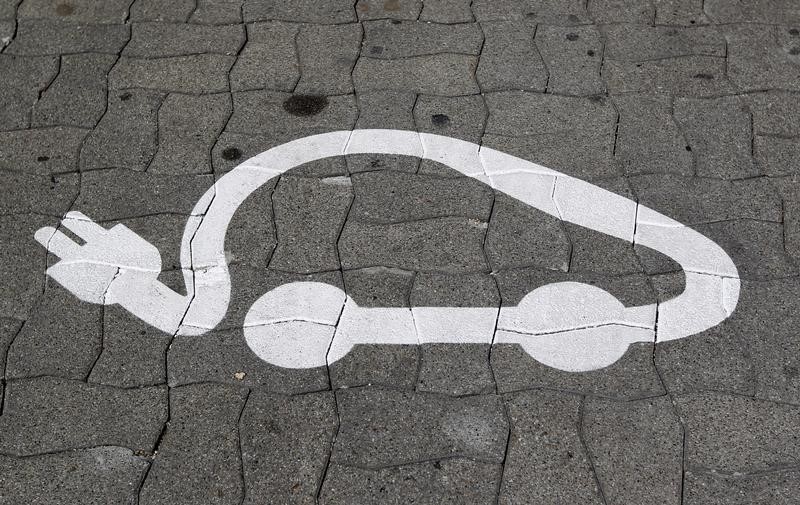US stock futures muted with Jackson Hole, retail earnings on tap
According to a Reuters report Monday, citing unnamed sources, the United States Government could delay a decision on giving eRIN tradable credits to EVs under a renewable fuel program over concerns about expected legal challenges.
Last year, the U.S. Environmental Protection Agency (EPA) proposed to significantly expand the current Renewable Fuel Standard (RFS) to include the so-called eRIN proposal which would allow automakers to generate eRINs tradable credits based on the EVs they sell by establishing contracts with parties that produce electricity from biogas.
The plan would have given EV automakers such as Tesla (NASDAQ:TSLA) credits for charging vehicles using power generated from renewable natural gas, or methane collected from sources such as cattle or landfills.
According to the Reuters report, the EPA has to finalize the proposal by June 14, but the Biden Administration has become more concerned that legal challenges to the EV eRINs could affect the regular RFS renewable fuel blending requirements for the next few years.
During the period for comments on EPA’s proposed eRIN rule, the Energy Marketers of America (EMA) filed in February its comments, saying that it opposed the eRIN proposal.
“EMA argued that the EPA lacks the authority to implement the proposed eRIN credit for renewable electricity because it is inconsistent with the statutory purpose of the RFS, which is to support the production of renewable fuels, not the production and sale of certain vehicle technologies that eRINS are designed to promote,” said the federation of 47 state and regional trade associations representing energy marketers throughout the United States.
“Making automakers RIN generators is a clear attempt to siphon capital away from clean green biofuels to electric vehicles,” the trade federation noted.
The Republican-run House of Representatives' Energy and Commerce Committee recently wrote to the EPA to challenge the EV program, arguing that the RFS was intended to center on liquid transportation fuels and not to electrify transportation.
The delay in finalizing the EV credit program may mean more volume is available for other renewable fuel pools under the 2023-2025 mandate, including blending for renewable diesel and sustainable aviation fuel (SAF).
Shares of TSLA and RIVN are down 1.24% and 0.98% respectively in mid-day trading on Monday.
